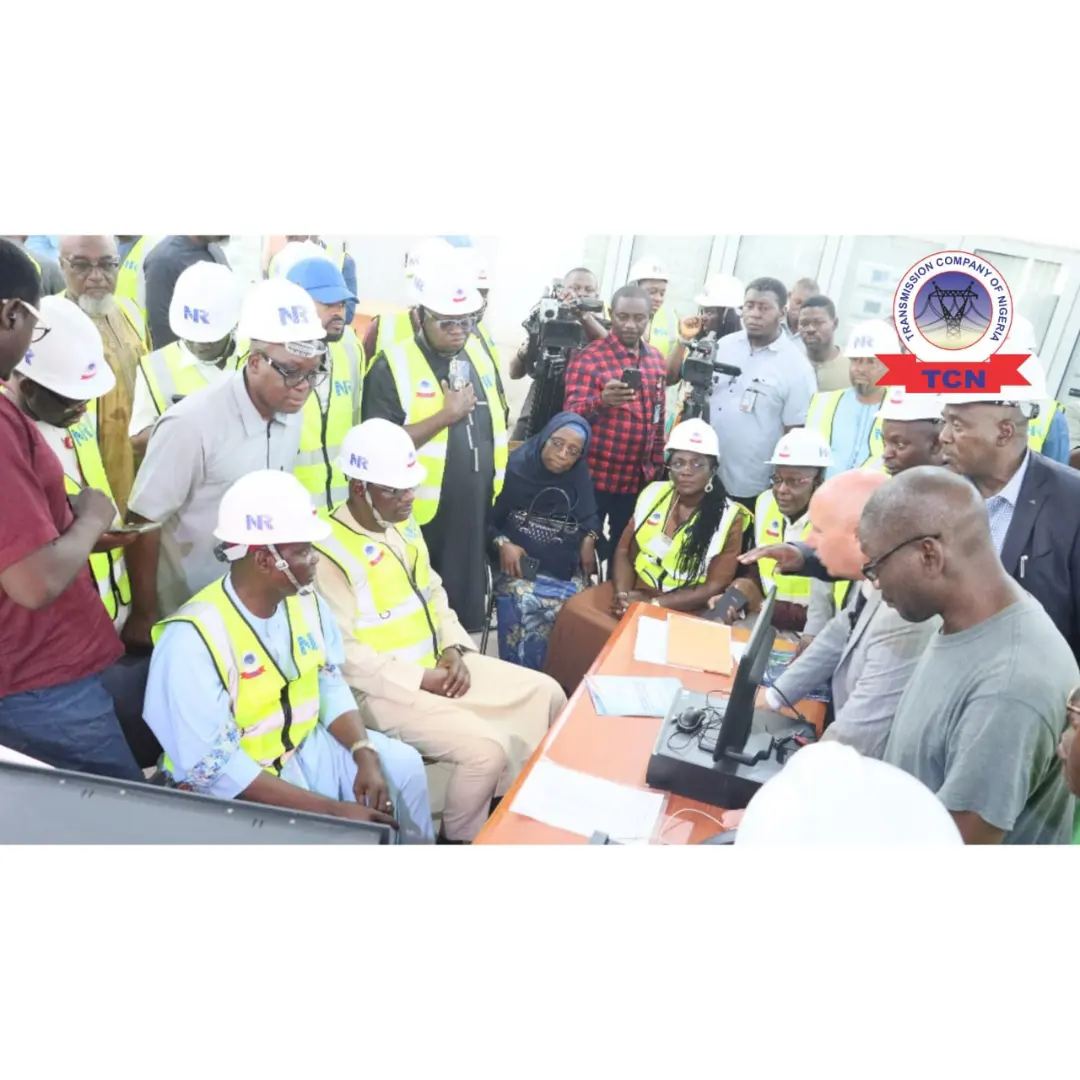The Federal Government of Nigeria has unveiled an advanced Supervisory Control and Data Acquisition (SCADA) system to improve the performance and management of the national power grid.
The initiative, led by the Transmission Company of Nigeria (TCN) and funded by the World Bank, is aimed at reducing frequent grid collapses and enhancing electricity reliability across the country.
At the launch event at the National Control Centre (NCC) in Gwagwalada, Abuja, Adebayo Adelabu, the Minister of Power, stressed the transformative impact of the SCADA system on grid operations. Represented by Emmanuel Nosike, the acting Permanent Secretary, Adelabu noted that the system allows for real-time monitoring, enabling quicker responses to outages and more effective load management across the grid.
“The SCADA system will give us the ability to monitor the entire electricity network from a centralized point, ensuring faster responses to faults, efficient load balancing, and improved system performance,” Adelabu explained.
SEE THIS: FG Conducting Investigation Regarding Earth Tremor In Abuja – Nnaji
The new system integrates automated data collection, fault detection, and remote-controlled operations, key features that contribute to modernizing Nigeria’s power infrastructure and the implementation of smart grid technologies.
This initiative aligns with the broader goals of the Nigerian Electricity Transmission Access Project (NETAP), which focuses on energy security and expanding electricity access to Nigerians. It is also expected to encourage private sector investments and foster innovation in the energy sector.
Sule Abdulaziz, Managing Director of TCN, praised the successful demonstration of the SCADA system, describing it as the culmination of years of planning to ensure a stable power supply for Nigeria. He noted that the contract for the system was awarded in 2022 and includes the installation of more than 2,700 kilometers of optical ground wire across transmission routes. In addition, repairs have been carried out on approximately 2,500 kilometers of existing infrastructure.
Ndiame Diop, the World Bank Country Director, represented by Bunu Burkar, Task Team Lead, revealed that the SCADA project is currently 69% complete and is expected to be fully operational by mid-2025. Discussions are ongoing to extend the project timeline by six months to accommodate any delays in implementation.
This SCADA system represents a significant step toward enhancing the resilience of Nigeria’s national grid, ensuring a more stable and efficient power supply for the nation, and laying the groundwork for future advancements in the power sector.









